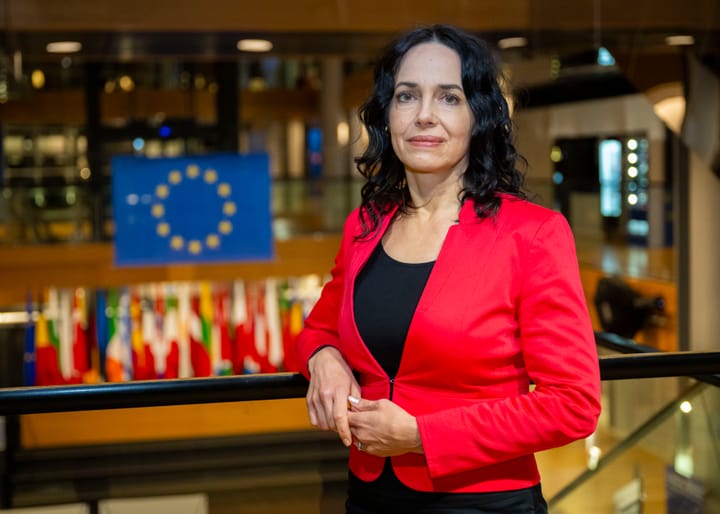Sermek: Nobody Dares to Ignore Voice of Citizens after CoFoE

Bratislava, June 23 (TASR) – The pressure from citizens for changes in the European Union is so strong that no one dares to ignore their voice, head of the European Parliament Office in Slovakia Robert Sermek has said in connection with incorporation of proposals that came out of the Conference on the Future of Europe (CoFoE).
“The European Parliament will definitely do its utmost to translate the recommendations, suggestions and will of citizens into a better and more efficient functioning of the European Union,” Sermek stated in an interview for TASR TV, adding that “other European institutions and member states know they must do something to improve the EU in some way”. According to him, the EP will support the adopted recommendations published in the CoFoE final report.
Following a year of direct talks with citizens, the conference ended on May 9, 2022. The presidents of the European Parliament, the European Commission and the European Council received a final report from CoFoE participants containing 49 wider proposals and 326 individual measures. In this context, Sermek stated that works on some of the proposed changes started already before the CoFoE.
“When you read those recommendations in detail, a lot of things are already happening. They are taking place within the adoption of various policies that are being approved by the Union, only people did not know about it and, therefore, put it in their recommendations. So it cannot be said now that everything needs to be done anew. Many issues concerning education, climate change or health are already being implemented in some way, but people have not been well informed about it,” admitted Sermek.
There is a consensus in the EU that citizens’ proposals that do not require revisions to the Union’s founding treaties should be dealt with first. The possible revising of key EU documents would be a lengthy and demanding process. However, it could bring positives as well, stated Sermek.
“If this was to lead to a better functioning of the European Union, to its greater efficiency and ability to act, it would definitely be meaningful for Slovakia, as well as for other member states. At the same time, however, he noted that he is not in a position to assess whether Slovakia would accept, for example, the abolition of unanimity in the Council’s votes on issues that member states view as sensitive.
“There’s, for example, the unanimous vote in the area of taxation and I remember the statements by Slovak representatives, who have always been against the scrapping of this right of veto in the area of taxation. As we are talking today chiefly about sanctions (against Russia). It is a political issue that lets the EU adopt sanctions by a majority so that (for example) Hungary cannot block everything,” stressed Sermek. If the Council votes on matters which member states view as sensitive, it should act unanimously. This applies to matters of the common foreign and security policy, the issue of EU membership or issues related to EU funding.



